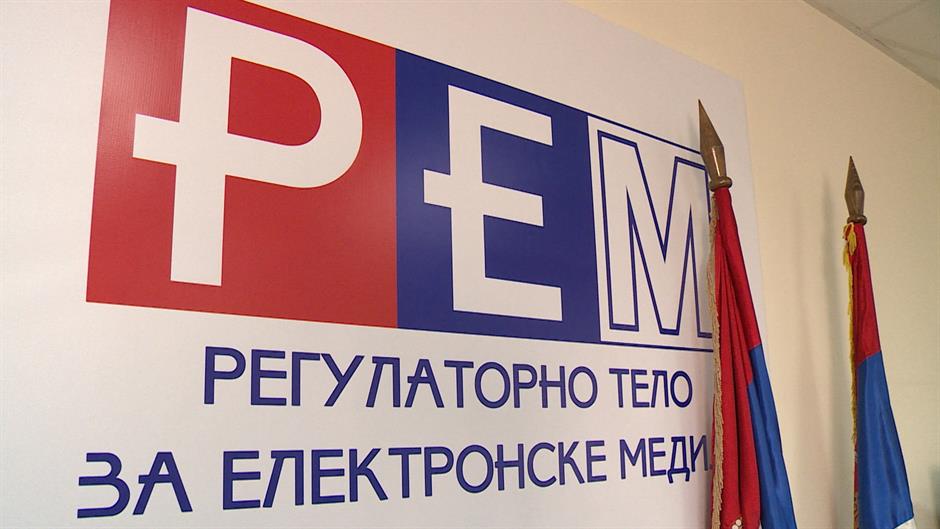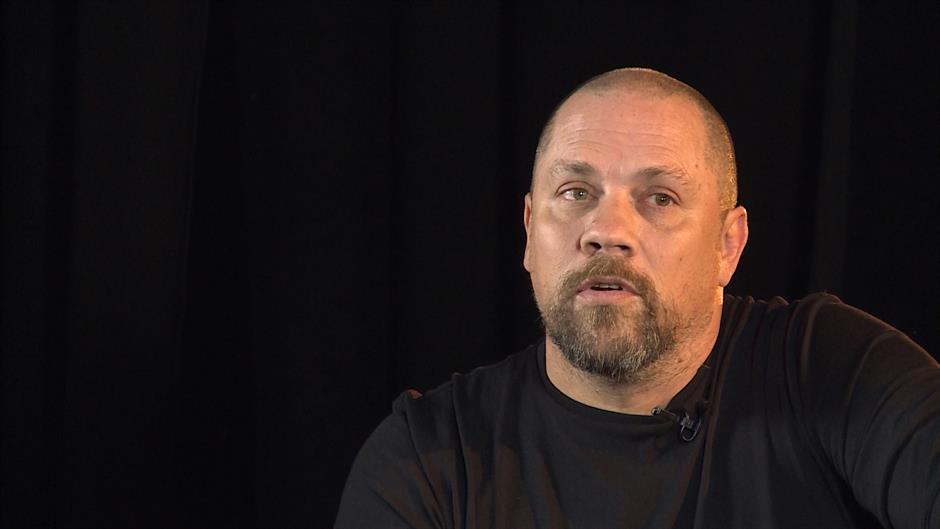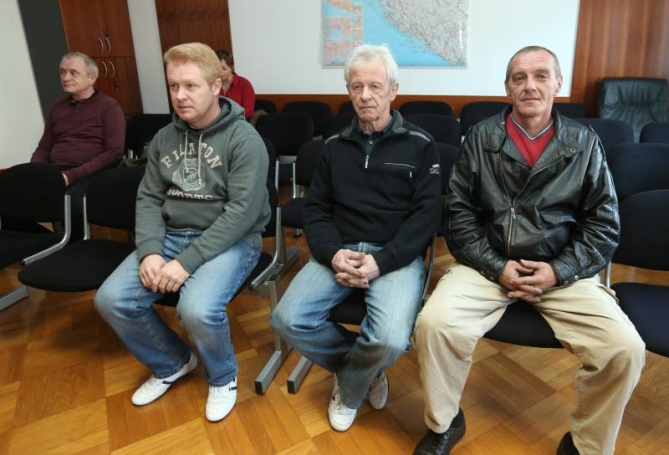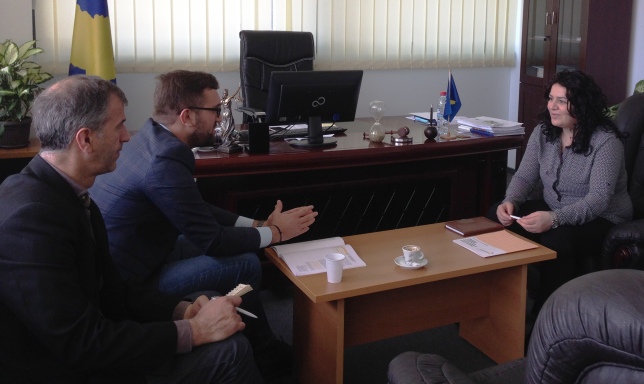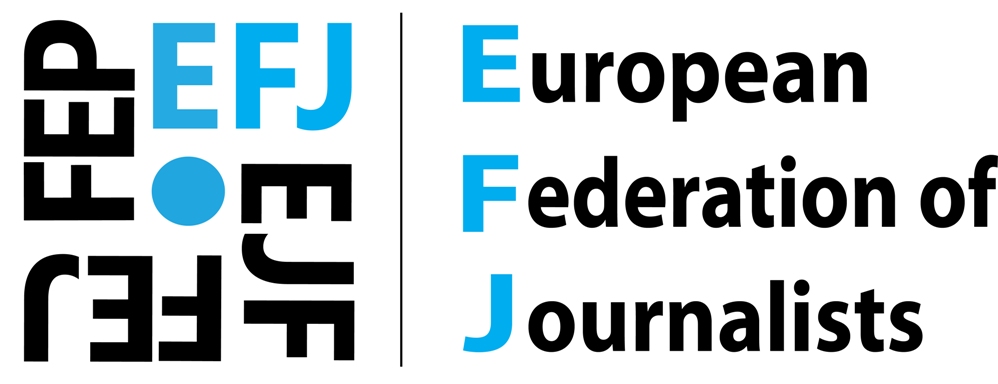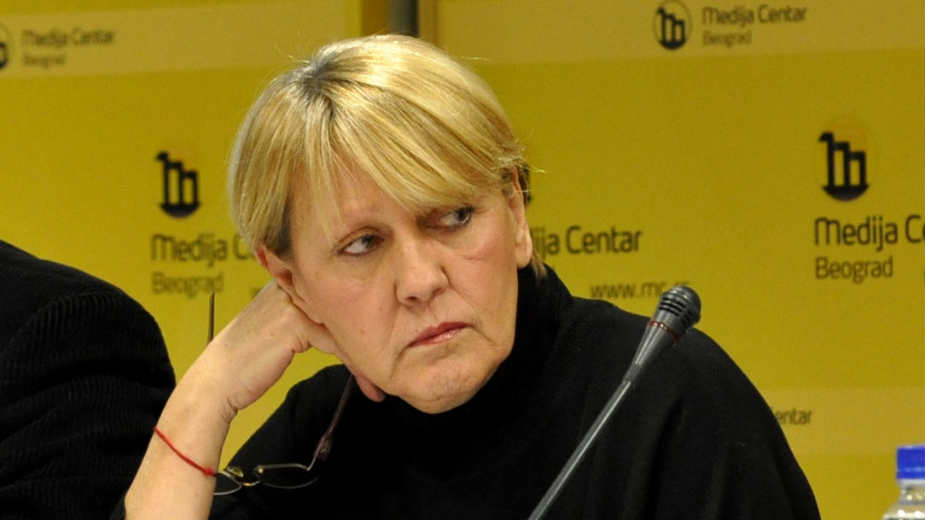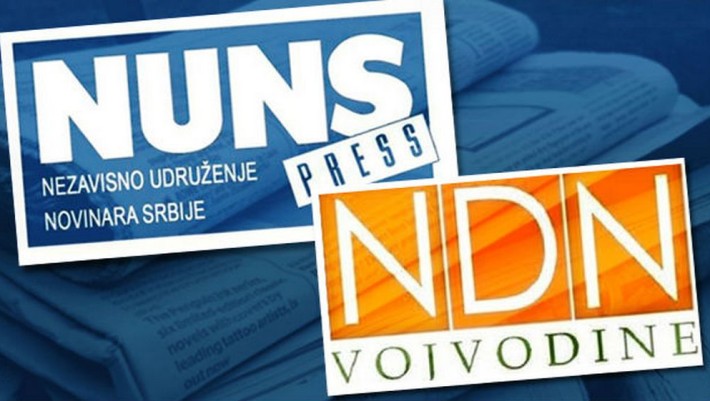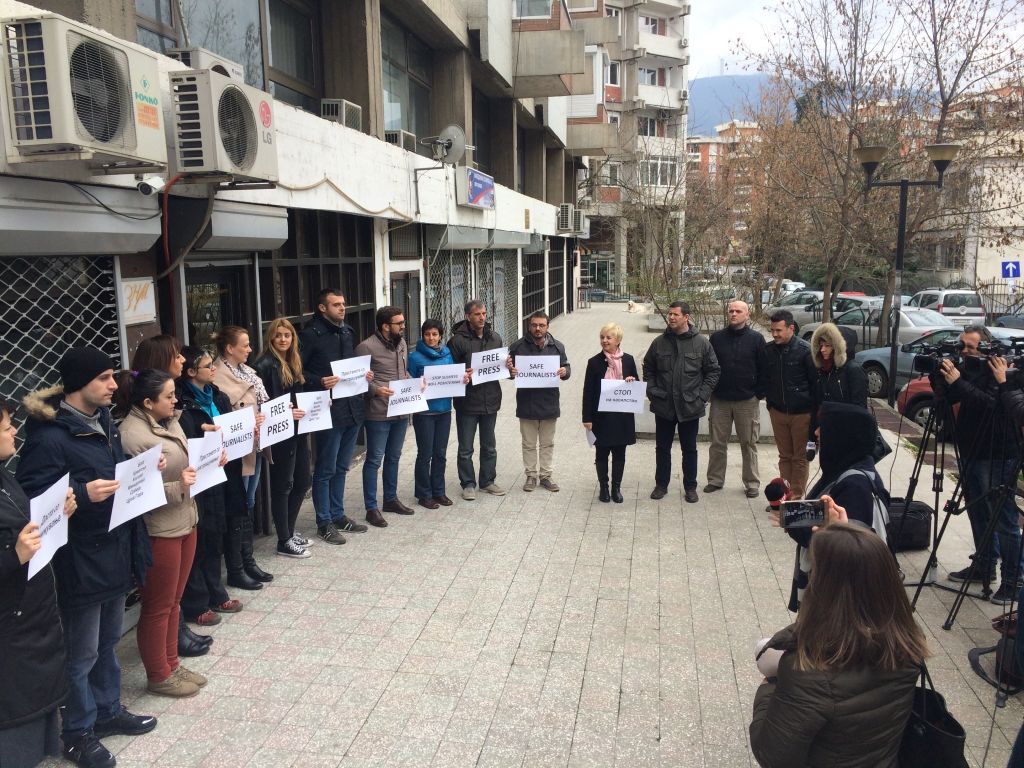BELGRADE, 22.03.2017. – While Vucic is competing with himself, whereby in just one day he appears in electronic media 60% as the Prime Minister and 40% as a presidential candidate, while the next it’s inverse. All the while his campaign is managed with state resources, with government ministers, and of course, coalition partners doing his bidding. What has transpired was previously unimaginable “in recent Serbian history”! During a 30 minute news programme, Vucic is on for 45!
This maxim credibly mirrors the conditions and the circumstances in which the presidential elections are being held in the spring of 2017, which, and everything is pointing in that direction, because of the enormous favouritism shown to Vucic, due to various types of blackmail and other pressures on employees to vote for him, especially in state-owned companies, simply cannot be fair. When the public broadcaster RTS allows for a third of its news programme to be invaded by Vucic, with only a handful of sound bites from the other ten candidates packed into under fifteen seconds, then all is lost. RTS, at least, on its second channel provides the same amount of time to all presidential candidates, but on TV PINK candidates can only appear if they support Vucic or if they’re presented in a negative context.
One of the most important independent institution which has so far supervised electronic media introducing order and ensuring that media are equally available to all candidates in the pre-election campaigns, has during Vucic’s government slumped to its lowest levels. Instead of protecting the public interest, it unabashedly protects his interests.
All this is in close correlation with the strengthening of Vucic’s government. Analyses conducted by the regulator show that as Vucic become stronger, RAEM weakened, as Vucic increasingly appropriated the duties of respective institutions, RAEM became more dependent on him. This has led to the absurd situation whereby the Regulatory Authority for Electronic Media refuses to publish a report on the representation of political parties and their leaders for the last year’s elections, finding it easier to pay a fine rather than, by order of the Commissioner for Information of public interest, present the report to IJAS.
NN, an unnamed individual, spreads rumours that RAEM will not monitor the election campaign this year, blatantly lying that they lack the software for it, which seriously violates the law and calls into question the appropriateness of this very institution. Thereby, the Serbian public, with all the good will and the engagement of alternative researchers, is essentially doomed to the “chaotic production of impressions” as concluded by a new organization, the Centre for Electronic Media (CEM), which reveals that since the very first day of the election campaign, Vucic received 1,000 while Aleksandra Popovic zero seconds. Other candidates fared slightly better with ten or fifteen seconds A thousand versus zero, the unthinkable disproportion and imbalance didn’t exist even during the time of Milosevic. But then again, no one can confirm or deny these allegations, because the Regulator is silent all the while playing dumb.
Since it was founded, the Republic Broadcasting Agency (RBA), and until it was renamed the Regulatory Authority for Electronic Media (RAEM), the only analysis that have been continuously conducted are reports on the control of broadcasters during the election campaign. In 2003, during the early elections, in 2004 for the presidential elections, and in 2008 when the general, national, provincial, local and presidential elections were held, each of these segments was particularly monitored and analysed. In 2012, the general and presidential elections, and 2014 for the national and local elections…
Broadcasters’ programmes were analysed by quantitative and qualitative methods. Not only was the total time devoted to a particular participant of the electoral process measured, but all of the data, individually and comparatively, were sorted for each electronic medium while analysing the impressions and the context of the election participants to determine whether there was equal treatment of lists or candidates. For example, the RAEM Council, during the 2012 presidential campaign, was in continuous session, organising 20 extraordinary and 3 regular sessions, supervisory bodies delivered 78 petitions and 18 complaints against broadcasters. Of this number, half of the cases were prosecuted as a matter of procedure, so that the Council’s decisions to a large extent coincided with the citizens’ petitions. The Council imposed 54 measures on the broadcasters, which, at that time, it must be recognised, respected the recommendations of this body and quickly corrected the irregularities.
Two years later, during the enthronement of the current government, media legislation was still somewhat benignly violated, at least in relation to the present, whereby this very body, then, imposed fewer measures with the final conclusion that “irregularities of such magnitude were not recorded that would require the reaction of the RBA Council.”
Today, when TV PINK news programmes flagrantly violate election rules, openly cheering for Vucic, and reference his rivals only mockingly all the while undermining their dignity, RAEM fails to respond at the same time blatant lying by circulating information that it is not their responsibility to react. All these reports can be found on the RAEM website and it only confirms that for the first time, and it coincides with Vucic ascending to power, that the RAEM Council is changing its longstanding practices and is actively ignoring its statutory duties and public demands.
The new Law on Electronic Media, however coarse and in many segments significantly worse than the previous one, nevertheless is clear, in Articles 5 and 22, showing that RAEM is an independent body exercising public authority in order to “improve the quality and diversity of electronic media, to contribute to the preservation, protection and development of freedom of opinion and expression in order to protect the public interest” and to conduct analysis and research in order to protect those interests. Thereby, irrespectively of the citizens’ petitions, Council members individually can raise issues concerning election campaign violation because the supervision of electronic media is in accordance with democratic European practices. Therefore, no one has the right to prevent RAEM from conducting research and especially not to prohibit the publication of the results to the public.
RАEM’s announcement at the end of the third week of the campaign and the ban on broadcasting of the Serbian Progressive Party promotional video where a chant can heard “Vucic is a fag”, while Vucic together with the parliamentary speaker, at press conferences, in numerous interviews, never fails to mention the same juicy quote, is not only an insult to the LGBT population, but it’s an insult to all decent people. The promotional video is in fact banned because it violated the Advertising Law, which specifies that “advertising messages must not contain statements or visual presentation which may be considered offensive.” It is offensive that RAEM fails to respect Article 50 of its own Law on Electronic Media, which explicitly states that “The controller ensures that all programme content must respect dignity and human rights,” So, Vucic’s favourite TV PINK does quite the opposite to what is desired, and contributions to scandalous violations not only of normative but also the moral standards.
If it were not for this ban, no one would know that RAEM exists. On the official website one can find that the last regular session of the Council was held on 25th January, an extraordinary session even earlier on 22nd December, but the measure of last resort, a warning, was sent on 7th November last year. For the ban on broadcasting the promotional video it was voted on via a telephone session.
All that is happening at the moment with the Regulator, and the circumstances which surround it, is the result of a process initiated in 2014, which, as I’ve already said, coincides directly with the coming to power of turncoat Radicals, that is, the Progressives. By introducing changes to the media laws, which were led by formal and obligatory debates, the status of the independent institution, RAEM, was threatened and many, even media professionals, failed to grasp the long term consequences. The aftermath is such that the media scene, with honourable exceptions, is under direct control and in a vassal status to the very same government. What else could be expected from the minister known for introducing an inquisitorial Law on Public Information?
Fragile democracy and its development, creating, among others, independent bodies to supervise the government, from the Anti-Corruption Council and its namesake agencies to an independent regulator, initiated on the 5th October, are being degraded and made pointless day in, day out.
How is RAEM independent when it is not financially independent nor is it independent in the decision making process? Although it is not financed directly from the state budget, but is funded by “media service providers”, that is, electronic media, the annual financial plans for “independent institutions” is approved by the Government, and as a rule, with a delay of 12 months. RAEM Council’s request to reduce the fees radio and television stations are obliged to pay has been simmering for more than three years in the Government’s drawers. Without the advice from the Ministry of Culture and Information not a single Act can be altered. Professional services and supervisory agencies, rather RAEM, have been declared civil servants, although not directly financed from the state’s coffers, so there is an inconceivable situation where the President of the Council, who is also the Director of the Agency, is pretending to be a state bureaucrat and a hardly independent Council member. And that is exactly why we find ourselves in this schizophrenic situation. What is worse, for more than a year, the Regulators’ Council hasn’t had an elected President, while the duty is performed by the very same Goran Petrovic, as deputy, as it clearly states on the official RAEM website. Recently, in his second term, was elected once again as a Council member. So, with good reason, I seriously doubt that because of his loyalty to the authorities who elected him, neither he nor RAEM can perform their intended service adequately. If we bear in mind that since the establishment of RBA, later RAEM, not a single public call for tender has been made, seventy people, and I hear that there are now a hundred, have been employed by Cekic, Porfirije, Karadzic, and now Petrovic, according to recommendations, which and what kind can only be hinted at!?…
As a member of the Council, with a colleague Bozo Nikolic, I discovered how the elections of managing board members of public service broadcasters were fixed and arranged, not of course by EU directives, but by the previous President Karadzic who boasted a link with Vucic. RAEM’s avoidance to perform its responsibilities and to answer the many questions raised by the public is only the more visible aspect of returning to an authoritarian society, in order to protect the leader and his “excellence” in electronic media. RAEM’s dubiously elected Council members in parliament and the Public Services Steering Committee is only an appearance which hides a very unpleasant core.
Therefore, it is not enough just to send petitions to RAEM, but also to the Ministry of Culture and the Government. It is necessary, as soon as the Serbian Parliament is back in session, to initiate the procedure for amending the law, especially the method by which members of the Council of this regulatory body are elected, including the procedure for the dismissal of the acting RAEM managing director, as the most responsible person, who, along with others who are keeping their heads down in the Council, have turned the noble idea of democratic and independent institutions into a farce, while dangerously violating the law.

This article has been produced as a part of the project Western Balkan’s Regional Platform for advocating media freedom and journalists’ safety with the financial assistance of the European Union. The contents of this article are the sole responsibility of the Independent Journalists’ Association of Serbia and its authors, and can in no circumstances be regarded as reflecting the position of the European Union.


